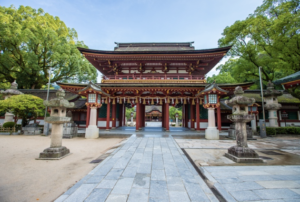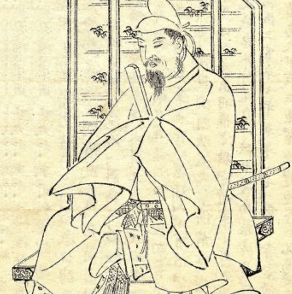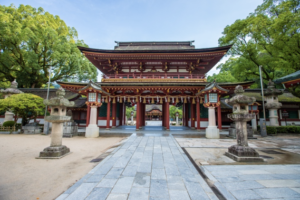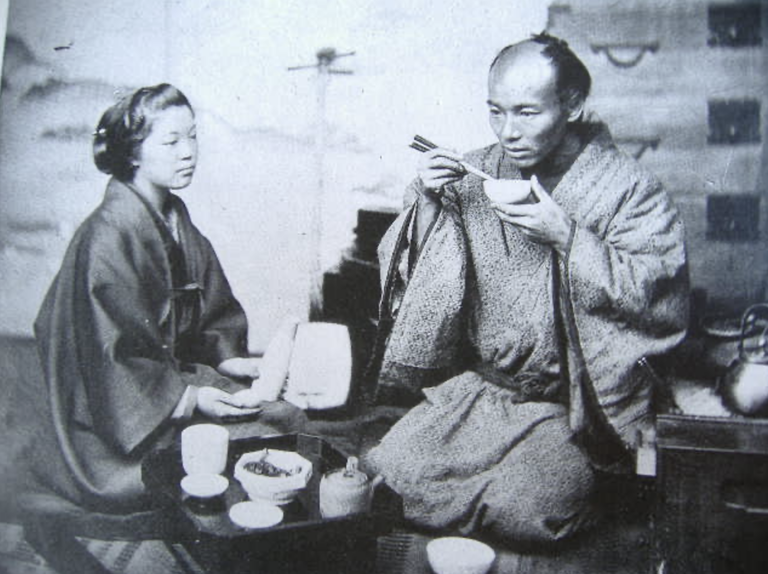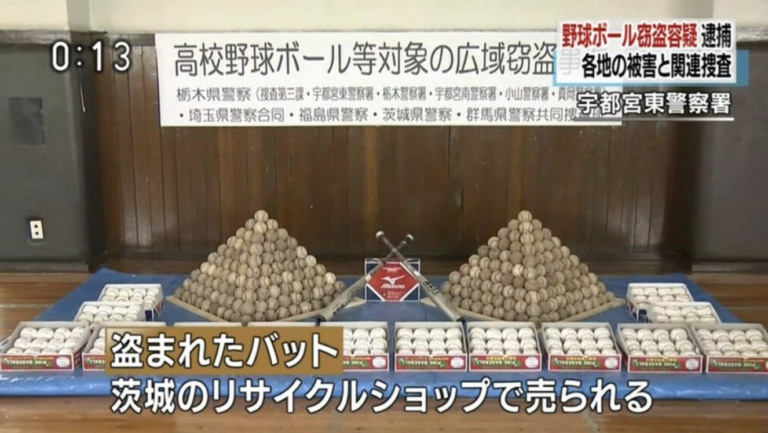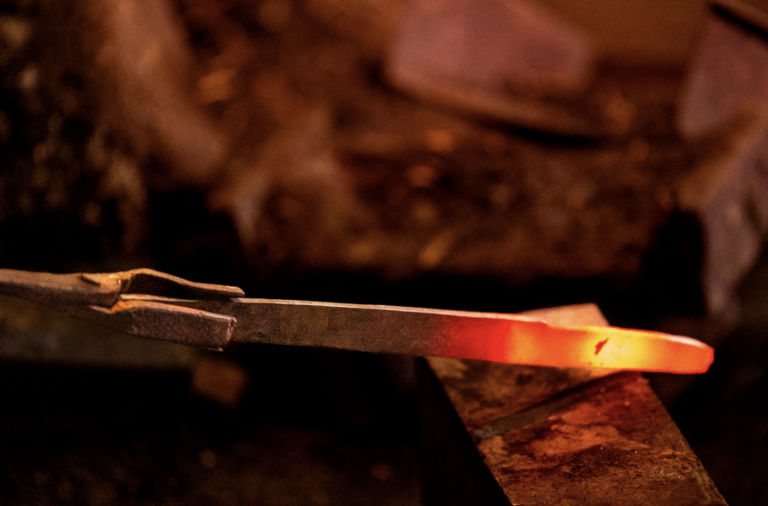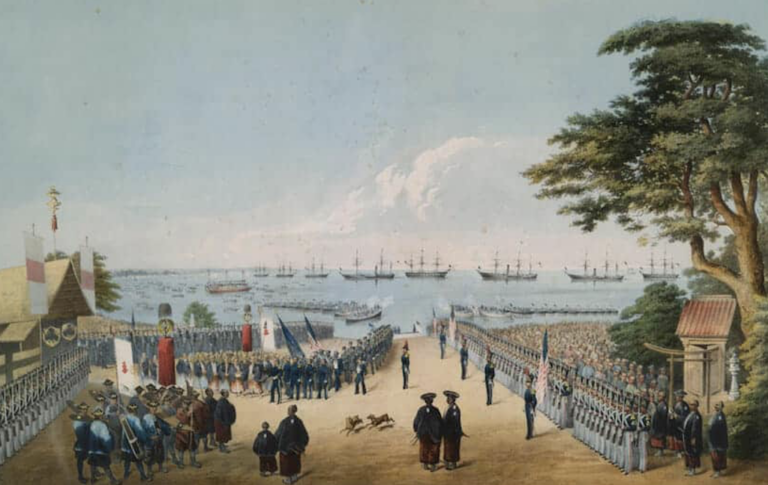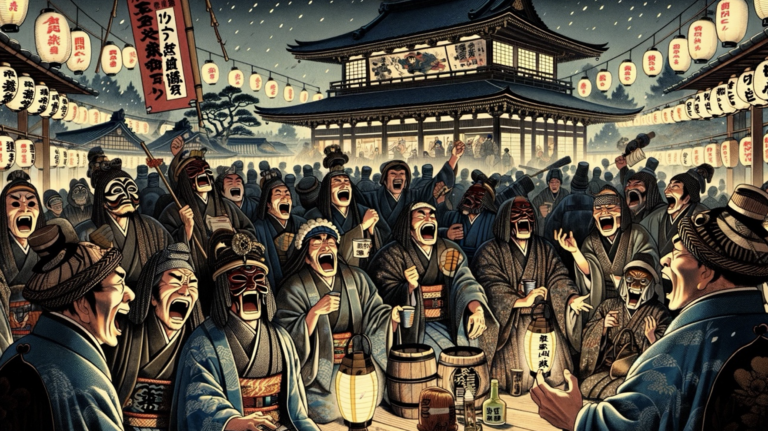Ranking up from a vengeful spirit to a god? Sugawara no Michizane’s mysterious career.
Each religion has saints: human beings who become godlike people. It is similar to the Japanese idea, but one difference is that there is also a set of vengeful spirits.
A vengeful spirit (known as “onryo” in Japanese) is an entity that curses people and causes bad things to happen. How can it be that it’s the same as a god and what’s more, was originally a human being?
Sugawara no Michizane, the god of learning

Dazaifu Tenmangu Shrine in Fukuoka Prefecture is where everyone goes to pray when taking tests, exams, and so on. People buy the pencils sold there, believing that if they use them for the tests, they will pass. They also make a great gift for prospective students.
We all know that just because you can buy a pencil, it doesn’t mean you will pass, but a significant number of pencils are sold regardless.
Enshrined in the Dazaifu Tenmangu Shrine is a man named Sugawara no Michizane. This was a real person, a person who became a god, and also a person who was a vengeful spirit.
n this article, we will look at how he was treated as a vengeful spirit and then enshrined as a god.
What kind of person was Sugawara no Michizane?
He lived in the Heian period, when Kyoto was the center of Japan. He was a government official, a great man who had a position teaching poetry and history. It was around this time that he had considerable competence in academia, but despite not having any desire to get ahead in the world, he was involved in power struggles as he rose higher and higher in the ranks.
After losing to these conflicts, he was banished to Dazaifu (present-day Fukuoka). It seems that life there was quite tough, and he died after only two years.
Well, that’s where it starts. The Age of the Vengeful Spirit.
The Age of the Vengeful Spirit
The opponent who drove Michizane away died suddenly at the young age of 39. Soon after, Japan was hit by hellish times of floods, long spells of rain, droughts, and yearly outbreaks of epidemics. That’s when word spread about him.
“Isn’t Michizane a vengeful spirit?”
In addition, the Emperor’s family also experienced a series of mysterious sudden deaths. The theory of vengeful spirits came to be believed, and the Emperor discarded the order of Michizane’s resignation and placed him in a high position. Michizane himself was gone, but it meant that he would regain his honor.
But the power of the grudge did not subside. It is said that lightning even struck the residence of the emperor in Kyoto.
The series of events was so intense that the government enshrined him as the god of learning in an attempt to appease his anger. That is the current Dazaifu Tenmangu Shrine. With his descendants allowing the shrine to continue operating, the nightmarish era finally came to an end. As a result, his vengeful spirit became a god.
In addition to Dazaifu Tenmang, there are other shrines dedicated to Michizane throughout Japan; about 12,000 in total.
He is called “Tenjin-sama” (The god of learning), and is loved all over Japan, and pencils sell in such quantities that you can’t help but laugh.
There are many other examples in Japan of vengeful spirits ending up as gods.
I guess the fact that people, spirits, and gods exist so closely is a characteristic of the Japanese view of religion.
ABE KENGO


